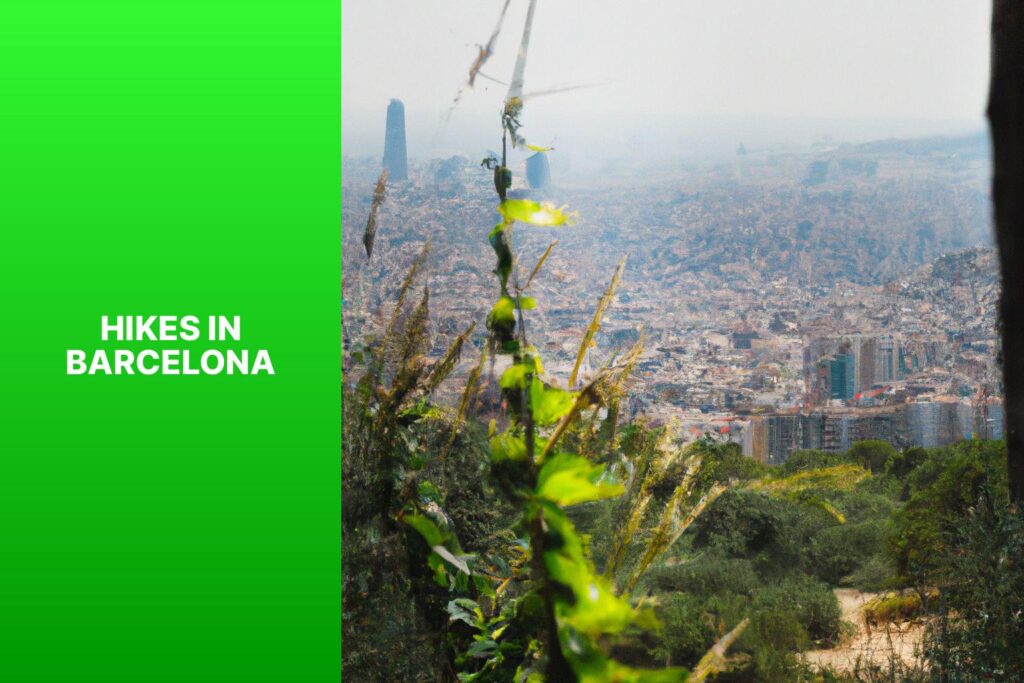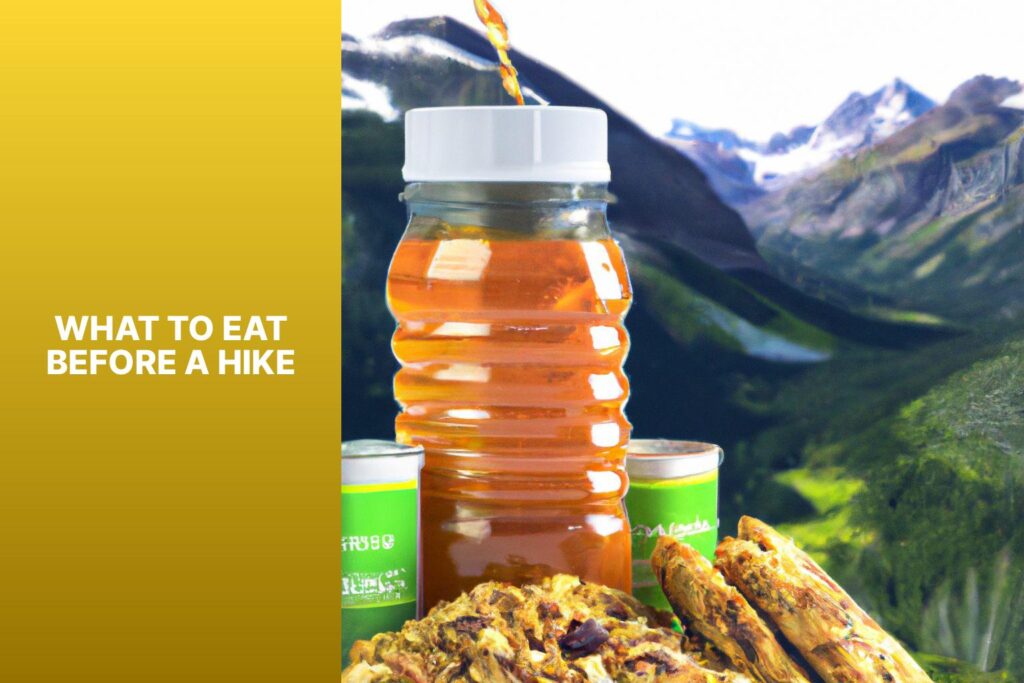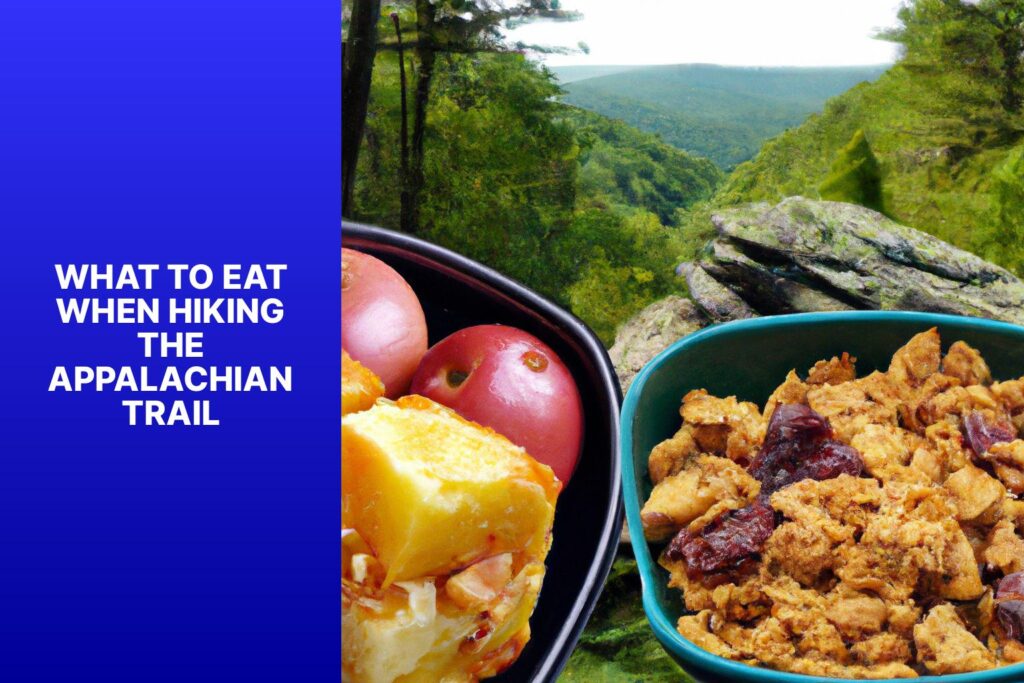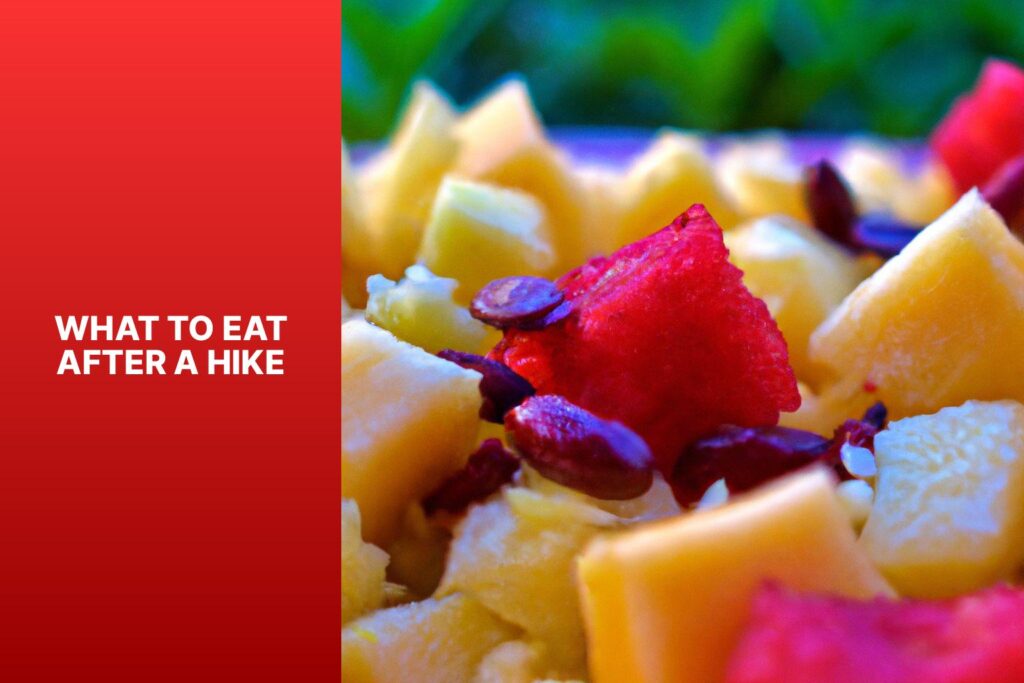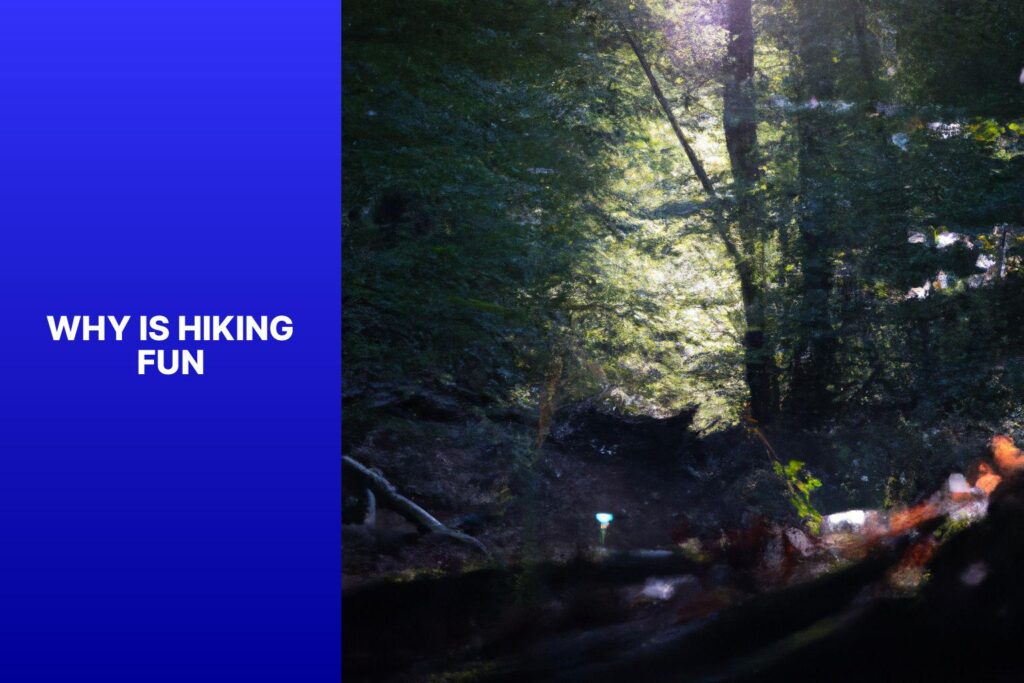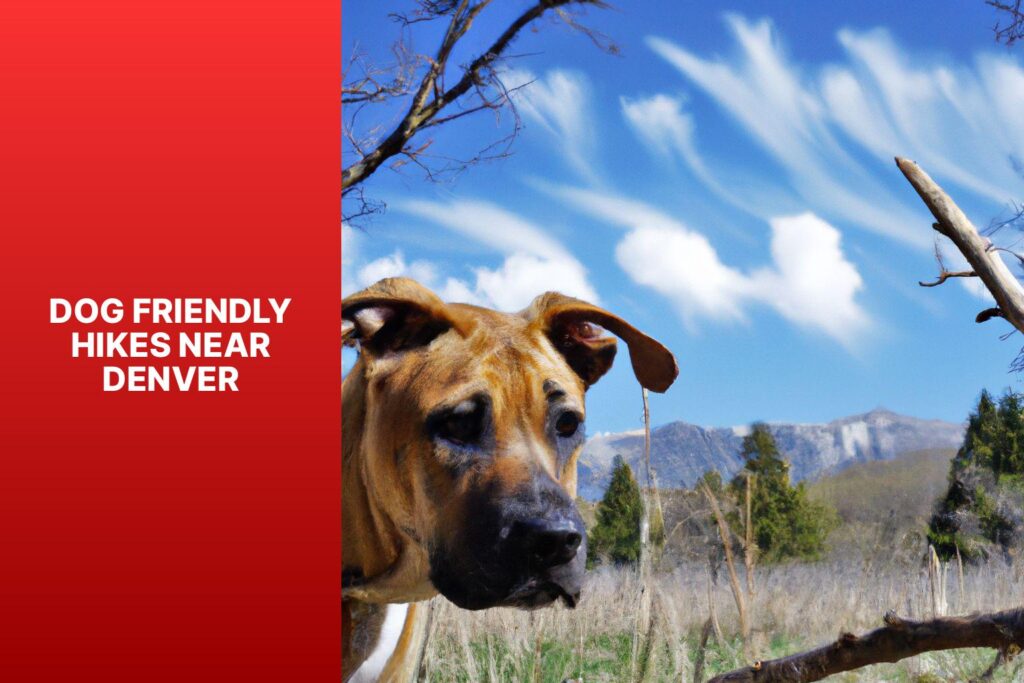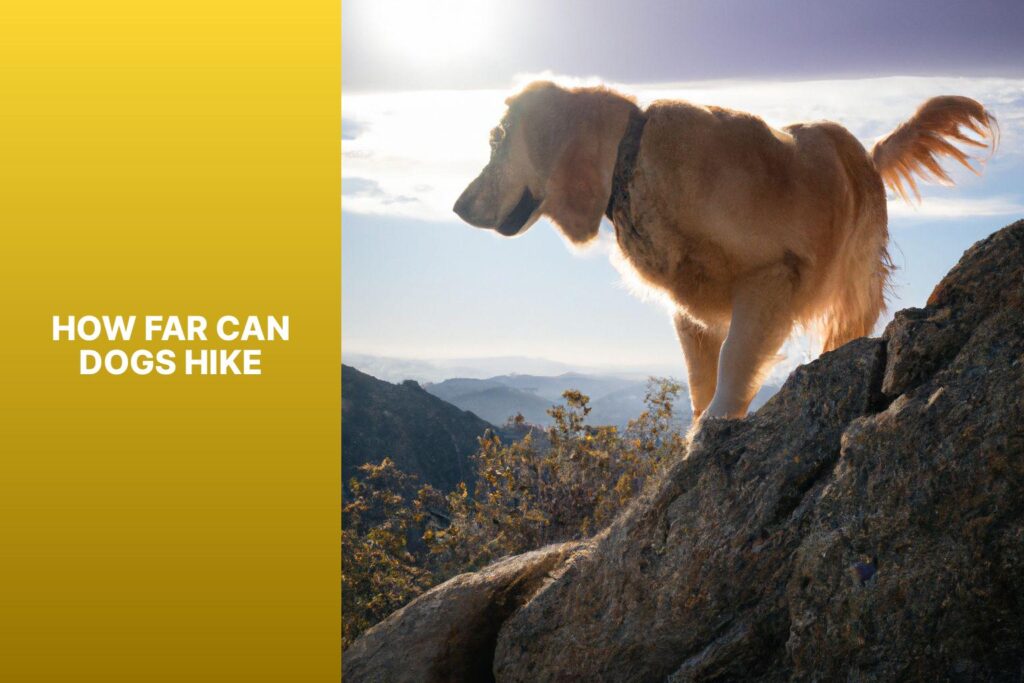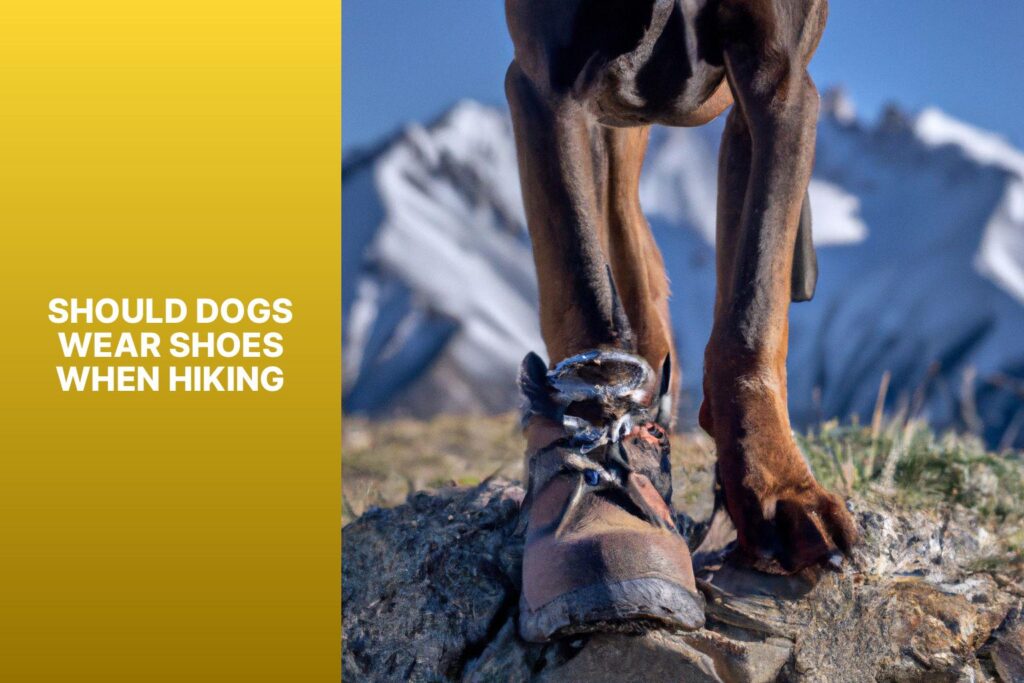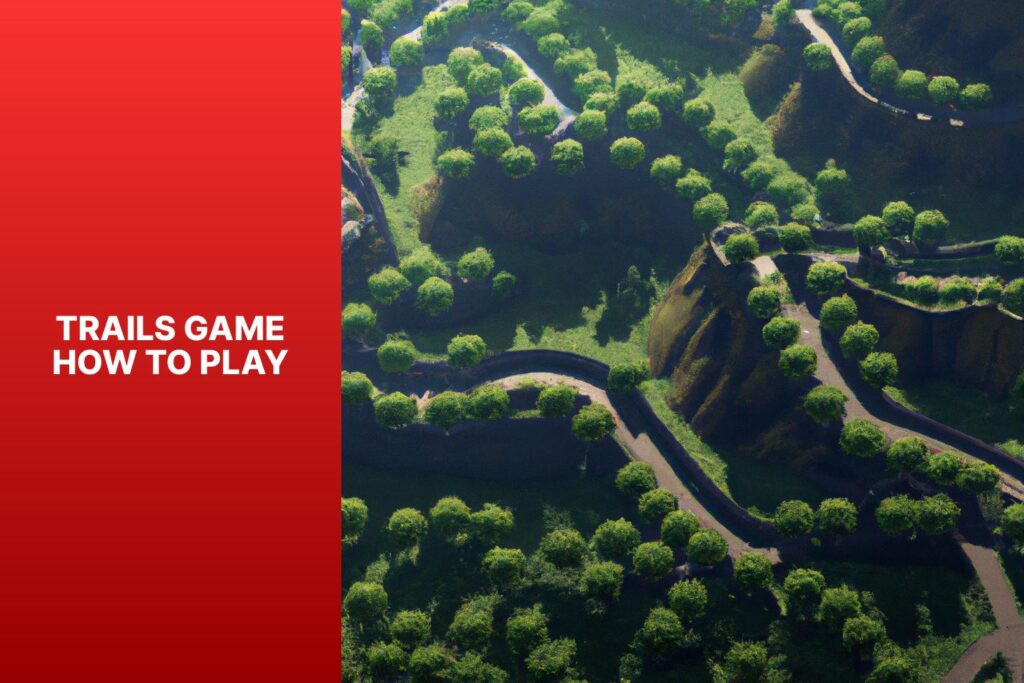Jason Explorer
Welcome to Jason Explorer, where hiking adventures meet exploration like never before! Whether you’re a seasoned hiker or a trailblazing beginner, our expert guides and insider tips will fuel your wanderlust and elevate your hiking experience to new heights. Adventure awaits, so let’s begin the exploration!
Destination Based Hiking
Hikes in Bainbridge Island
Hikes in Barcelona
Hikes in Athens
Hardest Hikes in New York
Family Hiking
Can You Hike When Pregnant
Best Hikes in Zion National Park for Families
When Can Baby Go in Hiking Backpack
How Far Can a 3 Year Old Hike
Fitness and Hiking
How to Train for High Altitude Hiking
How to Train for Long Distance Hiking
How to Get in Shape for Hiking
How to Strengthen Knees for Downhill Hiking

Did you know?
Master the art of layering: Understanding how to layer your clothing appropriately can make a significant difference in regulating body temperature during variable weather conditions. Invest in high-quality moisture-wicking base layers, insulating mid-layers, and waterproof outer shells for optimal comfort and protection.
Food and Hydration for Hiking
What to Eat After a Hike
How Much Water to Bring on a Hike
How to Prepare for High Altitude Hiking
What Does Nobo Mean in Hiking
Why Do People Like Hiking
Why is Hiking Fun
Hiking Gear and Clothing
What to Wear Winter Hiking
Why Are Hiking Boots So Ugly
What to Wear Hiking Men
What to Wear to Hike the Narrows
Hiking with Pets
How Far Can Dogs Hike
Should Dogs Wear Shoes When Hiking
How to Stop Dog From Hiking Leg in House
How Far Can a Puppy Hike

Did you know?
Perfect your footwork: Proper foot placement is crucial for efficient and safe hiking. Learn to distribute your weight evenly and use your toes for added stability on rocky terrain. Utilize hiking poles to reduce stress on your knees and maintain balance on challenging ascents and descents.




